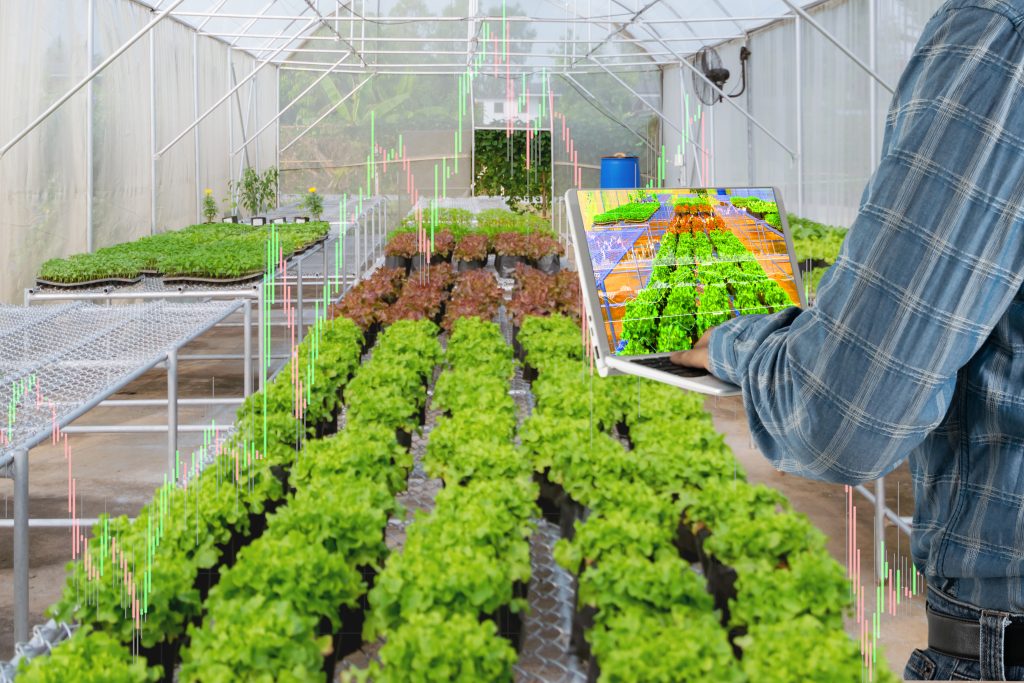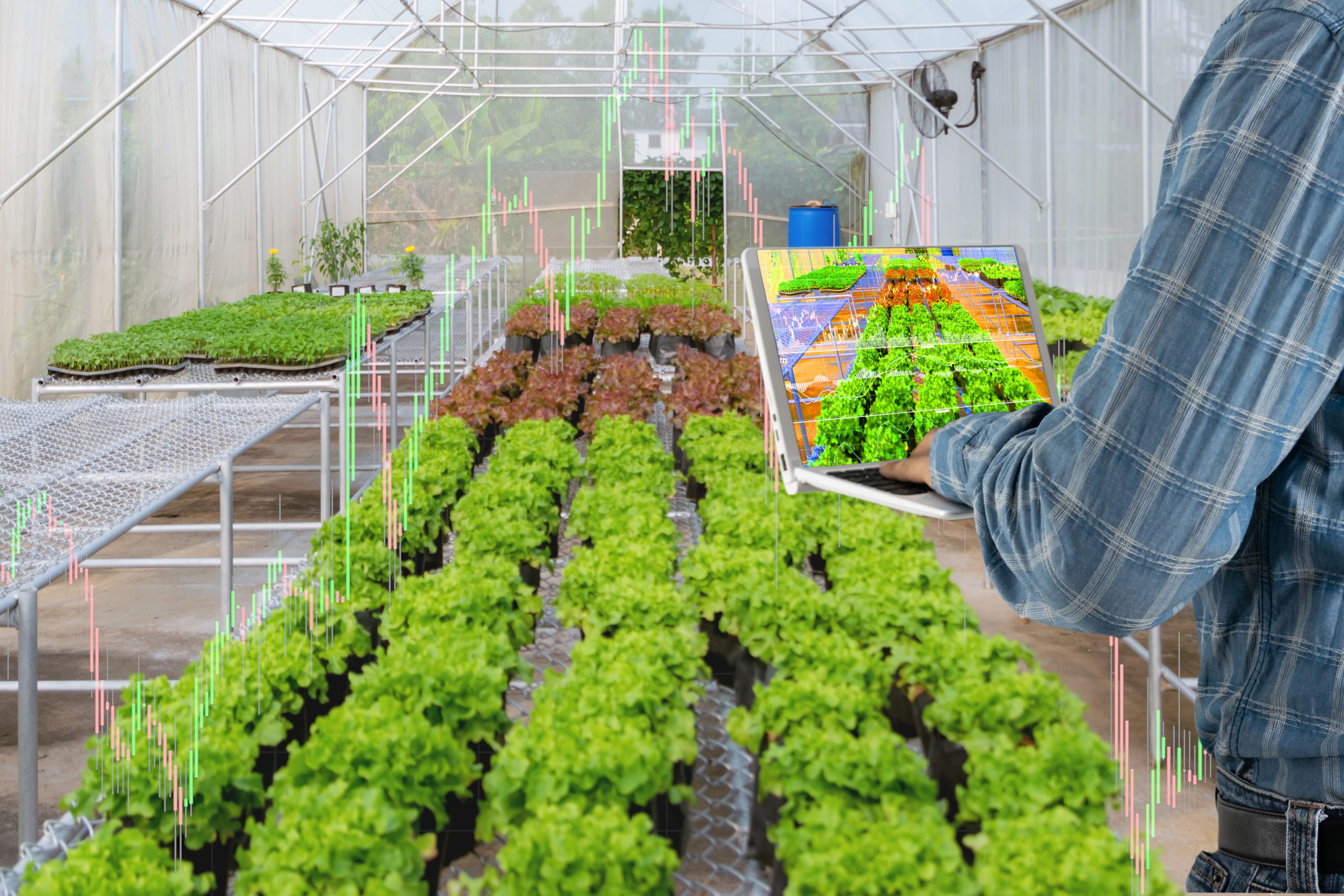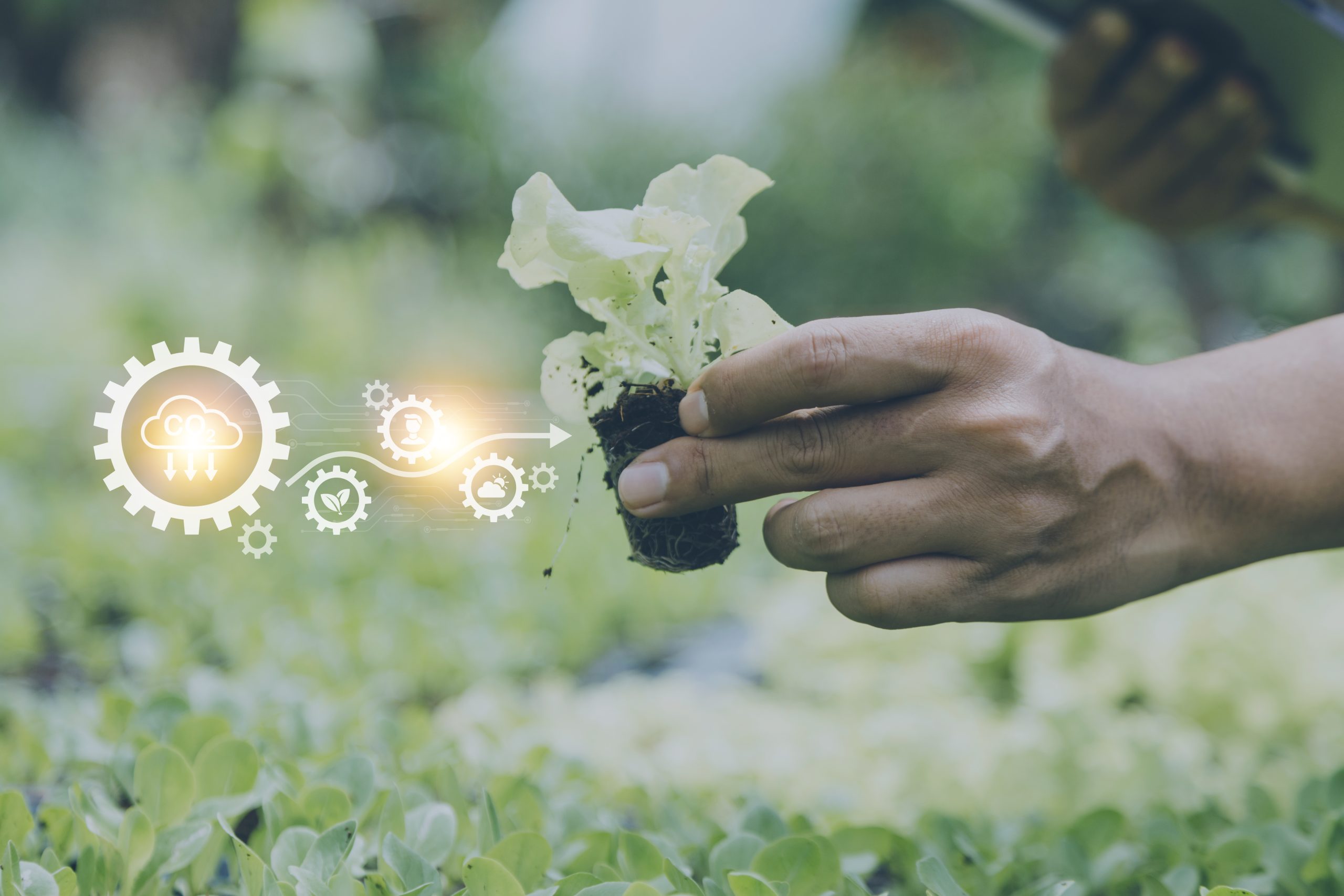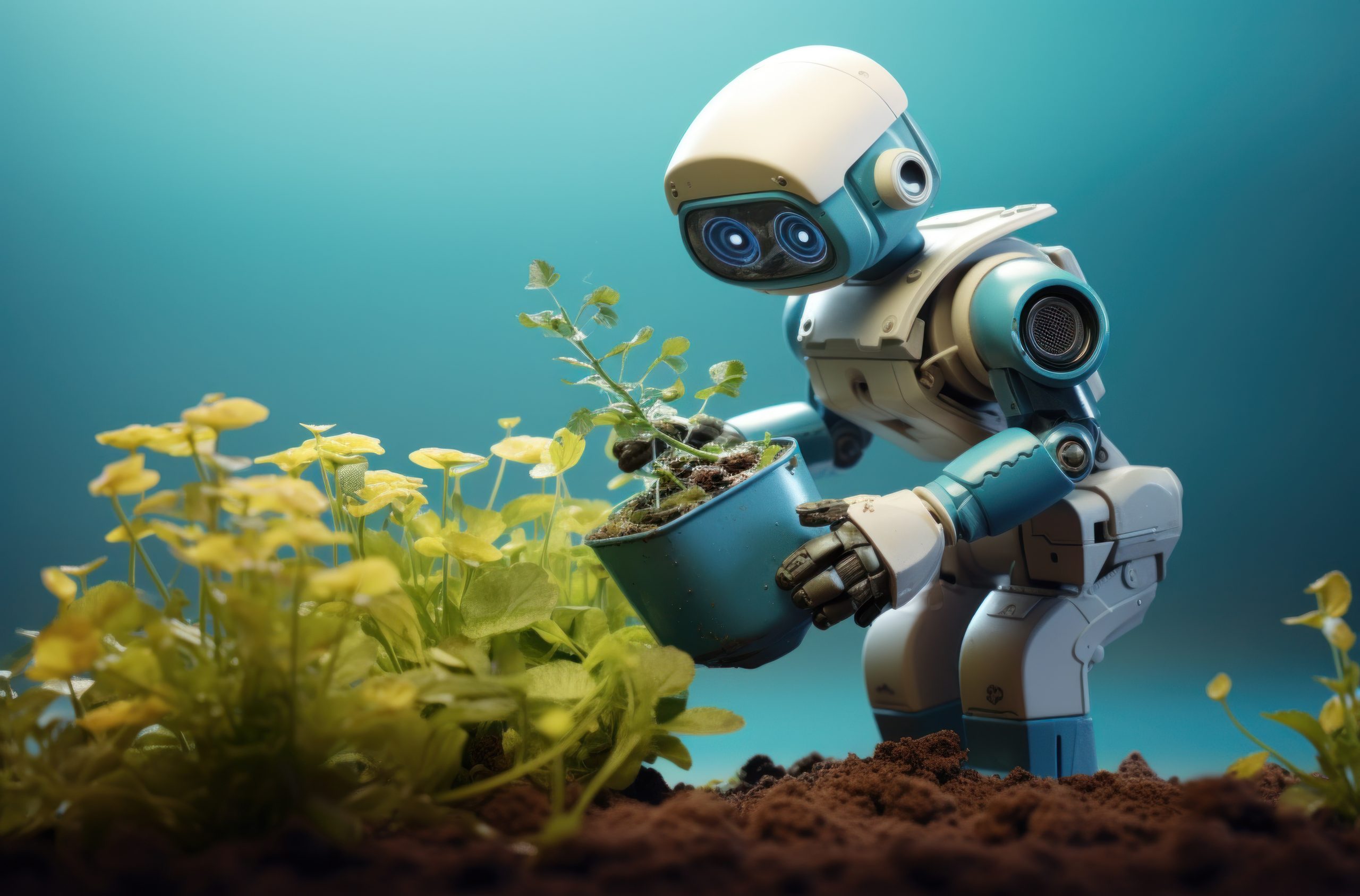Gardening has always been a labor of love, but it comes with its own set of challenges such as watering schedules, soil health, and pest control. With the advent of smart technology, these challenges are becoming easier to manage, transforming traditional gardening into a more efficient, sustainable, and enjoyable activity. This blog post will explore the exciting world of smart gardening, highlighting how integrating technology can revolutionize the way you care for your garden.
Understanding Smart Gardening
Smart gardening refers to the use of technology to monitor and manage various aspects of gardening. This can include automated irrigation systems, smart soil sensors, garden lighting, and mobile apps that provide real-time data and control. These tools work together to create an environment where plants can thrive with minimal manual intervention.
Smart Irrigation Systems
One of the most significant advancements in smart gardening is the development of smart irrigation systems. These systems use sensors to monitor soil moisture levels and weather forecasts to optimize watering schedules.
How Smart Irrigation Systems Work
Smart irrigation systems typically consist of moisture sensors, a controller, and a network connection. The sensors are placed in the soil to monitor moisture levels. When the soil is dry, the controller activates the irrigation system, ensuring your plants get the water they need. These systems can also adjust watering based on weather predictions, preventing overwatering during rainy periods.
Benefits of Smart Irrigation Systems
- Water Conservation: Smart irrigation systems use water more efficiently, reducing waste.
- Plant Health: Consistent moisture levels help prevent plant stress and diseases.
- Convenience: Automated systems save time and effort, especially for busy gardeners.
Popular Smart Irrigation Products
- Rachio: Offers weather-based adjustments and smartphone control.
- RainMachine: Integrates with various weather services for accurate watering schedules.
Case Study: Transforming a Garden with Smart Irrigation
Consider Jane, an avid gardener who struggled with maintaining a consistent watering schedule. After installing a smart irrigation system, she noticed a significant improvement in her garden’s health. Her plants thrived, water usage decreased, and she saved hours each week that she previously spent on manual watering.
Smart Soil Sensors
Soil health is crucial for a thriving garden. Smart soil sensors provide valuable data on soil conditions, helping gardeners make informed decisions.
Functionality of Smart Soil Sensors
Smart soil sensors measure various parameters, including moisture, pH, and nutrient levels. These sensors connect to mobile apps, allowing gardeners to monitor soil health in real-time.
Benefits of Smart Soil Sensors
- Precise Gardening: Accurate data helps tailor care to each plant’s needs.
- Healthier Plants: Monitoring pH and nutrients ensures optimal growing conditions.
- Cost Savings: Reduces the need for guesswork and unnecessary soil amendments.
Comparison of Top Smart Soil Sensors
- Parrot Flower Power: Monitors light, temperature, and soil moisture, providing alerts and care tips via an app.
- PlantLink: Offers real-time soil moisture monitoring and integrates with smart irrigation systems.
Smart Garden Lighting
Proper lighting enhances both the aesthetics and health of your garden. Smart garden lighting systems offer customizable, energy-efficient solutions.
Importance of Proper Garden Lighting
Good lighting can extend the usability of garden spaces, highlight features, and support plant growth in low-light conditions.
How Smart Lighting Can Enhance Your Garden
Smart lighting systems can be programmed to change colors, intensity, and timing. This flexibility allows gardeners to create dynamic lighting schemes that complement their garden’s layout and plant needs.
Features of Smart Lighting Systems
- Philips Hue: Offers a wide range of color options and integrates with home automation systems.
- LIFX: Known for its bright, vibrant lighting and ease of use.
Examples of Effective Smart Lighting Setups
- Pathway Lighting: Automatically illuminates paths at dusk, enhancing safety and beauty.
- Accent Lighting: Highlights key garden features, creating a stunning night-time display.
Smart Garden Apps
Managing a garden becomes simpler with the help of smart garden apps. These apps integrate with smart devices, offering comprehensive control and monitoring.
Overview of Garden Management Apps
Smart garden apps provide features such as watering schedules, plant care reminders, and data tracking.
How These Apps Integrate with Smart Devices
Apps sync with sensors, irrigation systems, and lights, allowing gardeners to control and monitor their garden from anywhere.
Benefits of Smart Garden Apps
- Monitoring: Keep track of garden conditions in real-time.
- Planning: Schedule tasks and set reminders for planting, watering, and harvesting.
- Automating: Automate repetitive tasks, freeing up time for other activities.
Review of Top Smart Garden Apps
- Gardenize: Offers plant diaries, photo uploads, and care tips.
- SmartPlant: Provides personalized plant care advice and connects to a network of gardening experts.
Case Studies and Success Stories
Real-life examples demonstrate the transformative power of smart garden technology.
Real-Life Examples of Gardens Improved by Smart Technology
- Urban Rooftop Garden: In a bustling city, an urban gardener used smart sensors and irrigation to create a lush rooftop oasis.
- Community Garden: A community garden project incorporated smart lighting and irrigation, leading to improved plant health and community engagement.
Interviews with Smart Garden Users
- Interview with John, a Smart Gardener: “Before I started using smart technology, I struggled to keep my plants healthy. Now, I can monitor everything from my phone and make adjustments on the fly. It’s made a huge difference.”
Tips and Tricks from Experienced Smart Gardeners
- Start Small: Begin with one or two smart devices and expand as you become more comfortable.
- Regular Maintenance: Keep your smart devices updated and check them regularly to ensure they’re functioning correctly.
Conclusion
Smart gardening technology offers numerous benefits, from water conservation to enhanced plant health and convenience. By integrating smart solutions, you can transform your garden into a more efficient, sustainable, and enjoyable space. As technology continues to evolve, the possibilities for smart gardening will only expand, making it an exciting time for both novice and experienced gardeners.





